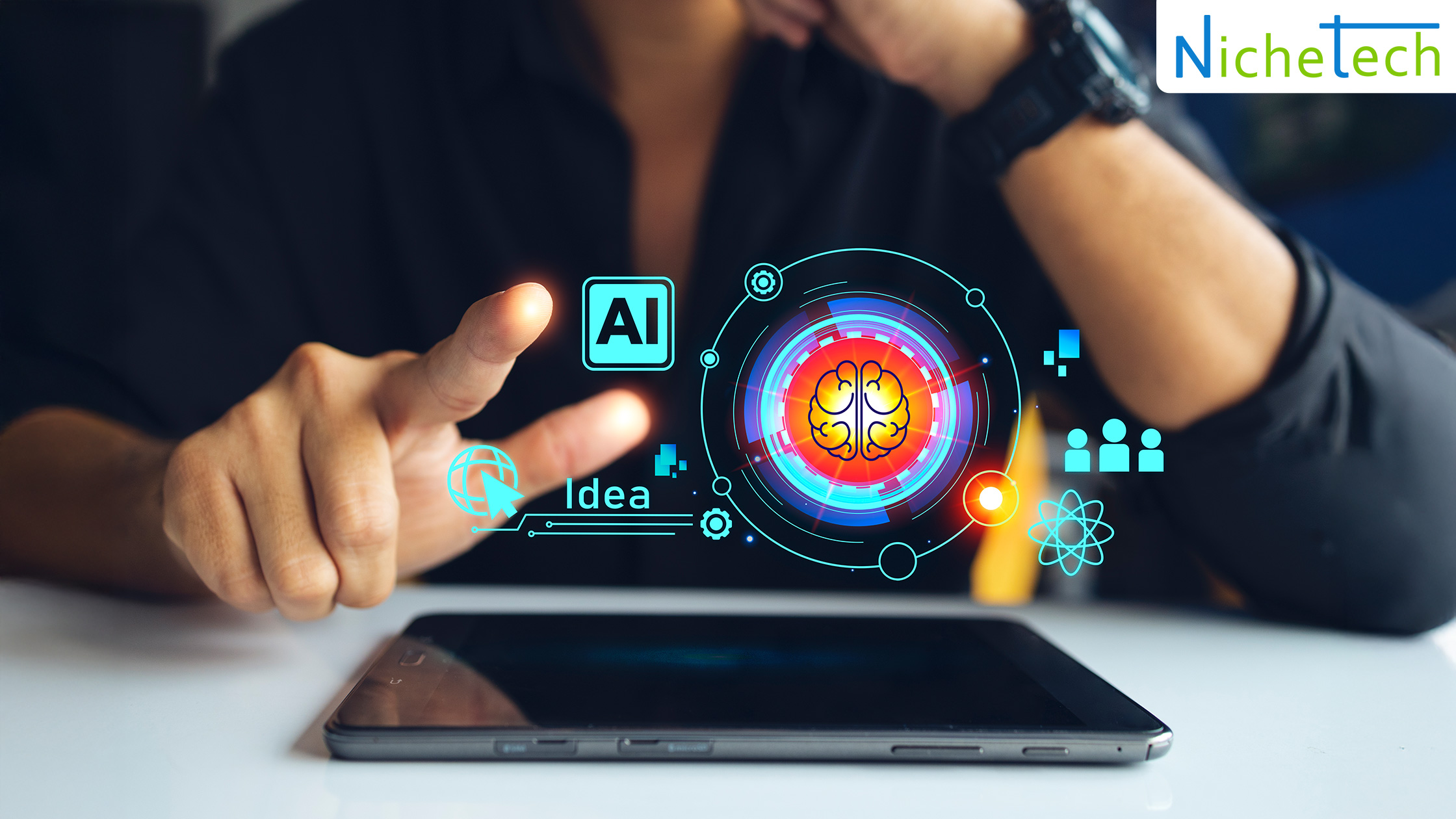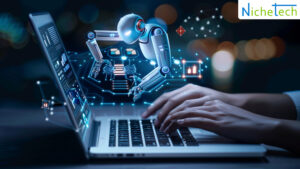Software development has long been a manual, time-consuming process that relies heavily on human effort for coding, testing, and maintenance. However, the rise of Artificial Intelligence (AI) is reshaping how developers build, test, and deliver software solutions.
By automating repetitive tasks, improving decision-making, and accelerating workflows, AI is transforming traditional software development into a more intelligent, efficient, and innovative process.
The Traditional Software Development Process
In conventional software development, developers spend hours writing and reviewing code, testing for bugs, and ensuring compatibility across systems. Project timelines are extended due to manual debugging, frequent updates, and unforeseen errors. While development teams rely on frameworks, libraries, and standard practices, they still face challenges like:
Managing complex codebases
Ensuring high-quality testing
Predicting errors before deployment
Handling repetitive tasks
These obstacles often slow down product releases and increase operational costs.
How AI Changes the Game
AI is not replacing developers, it’s empowering them. With intelligent tools, teams can focus on creative problem-solving and innovation while allowing AI to handle mundane and repetitive tasks. Below are key ways AI is transforming software development:
1. Automated Code Generation
AI-driven code assistants can write boilerplate code, suggest improvements, and even generate entire code snippets based on user input. Tools like code autocompletion, error detection, and version tracking help developers write efficient code faster while reducing human error.
2. Smarter Testing and Debugging
AI enhances the testing process by automatically identifying bugs, vulnerabilities, and inconsistencies in the code. Machine learning algorithms can predict potential failure points based on historical data and user behavior. Automated testing tools ensure that software is thoroughly checked before deployment, improving reliability.
3. Predictive Analytics for Maintenance
AI can analyze patterns in application usage and performance data to predict maintenance needs. This proactive approach reduces downtime, minimizes disruptions, and ensures smoother operation across platforms.
4. Enhanced Collaboration and Documentation
Intelligent tools assist in documenting code, tracking changes, and suggesting improvements in real time. AI-powered project management systems help teams coordinate tasks, assign priorities, and keep communication transparent, leading to faster delivery and better teamwork.
5. Personalized User Experiences
AI helps developers create adaptive interfaces that learn from user interactions. By analyzing behavior patterns, software can recommend personalized features, improving engagement and customer satisfaction.
The Future of Software Development
As AI continues to evolve, its role in software development will become even more integral. From automated testing tools to predictive maintenance models, AI streamlines processes, cuts costs, and accelerates delivery timelines. Developers will be able to focus more on creativity and innovation while AI handles routine tasks.
The integration of AI also makes it easier to manage large-scale projects, collaborate remotely, and meet user expectations in real time. This shift is not a passing trend, it’s the future of smarter, faster, and more efficient software development.
Final Thoughts
The transition from manual to intelligent software development is a natural evolution driven by the need for speed, accuracy, and scalability. AI empowers developers by automating repetitive tasks, providing data-driven insights, and improving overall software quality. Companies that embrace AI in their development processes gain a competitive edge, reduce costs, and deliver better products to market.
By adopting AI-powered tools and techniques, developers can focus on innovation, collaboration, and customer satisfaction, redefining the way software is built in the digital age.







